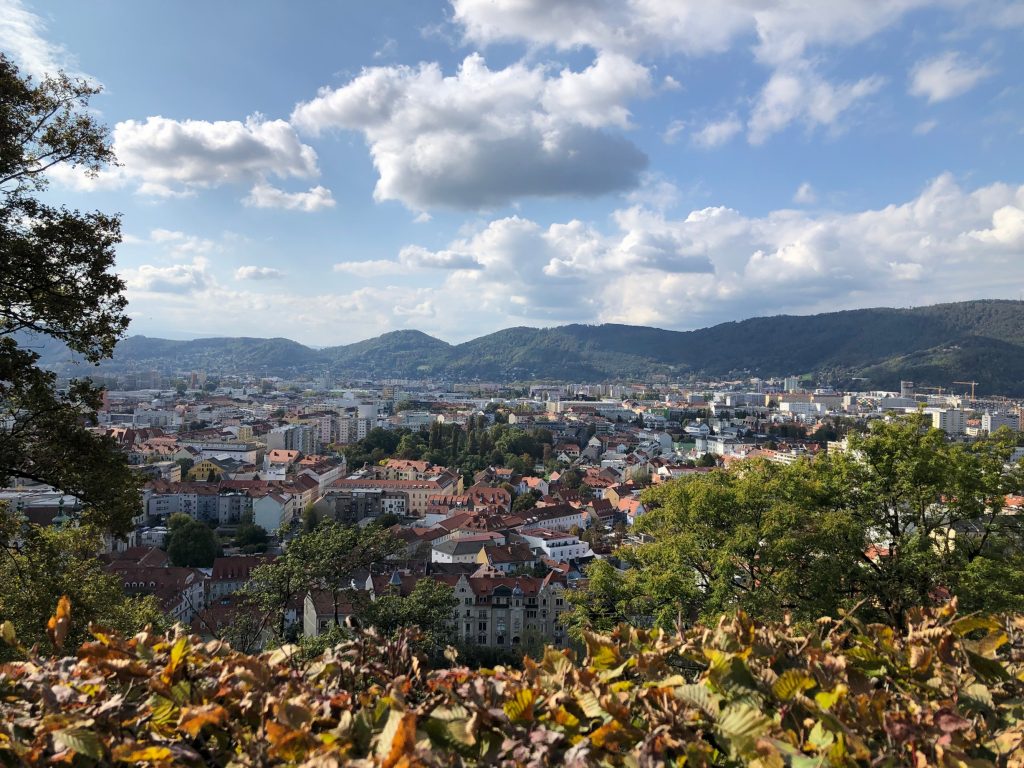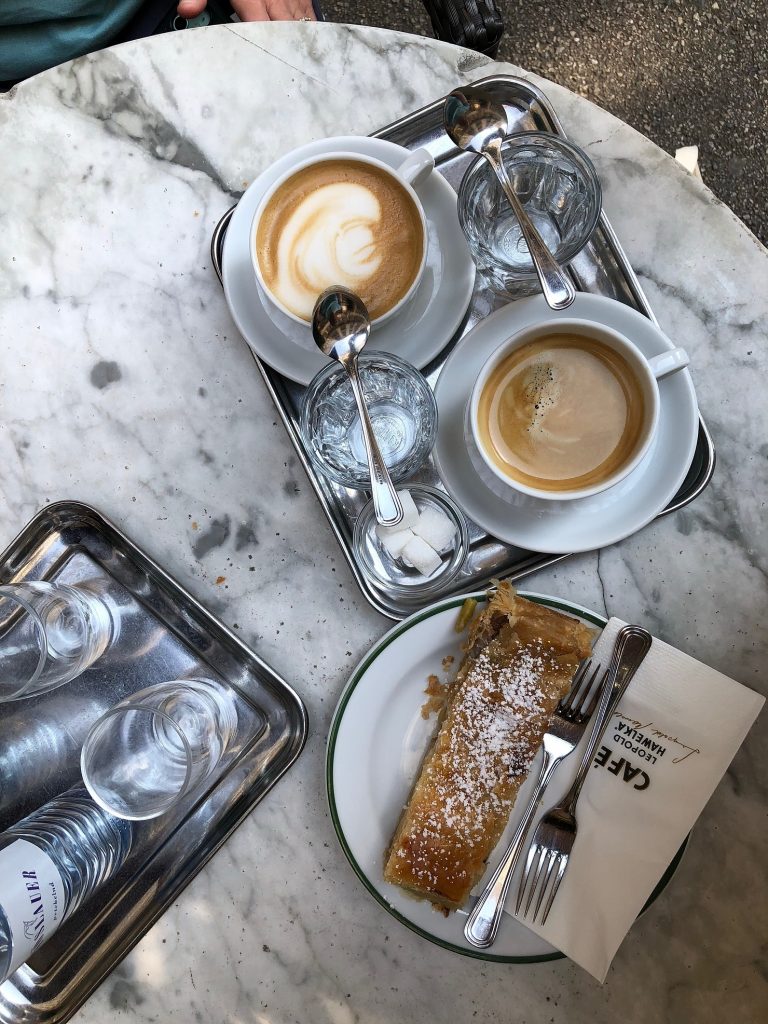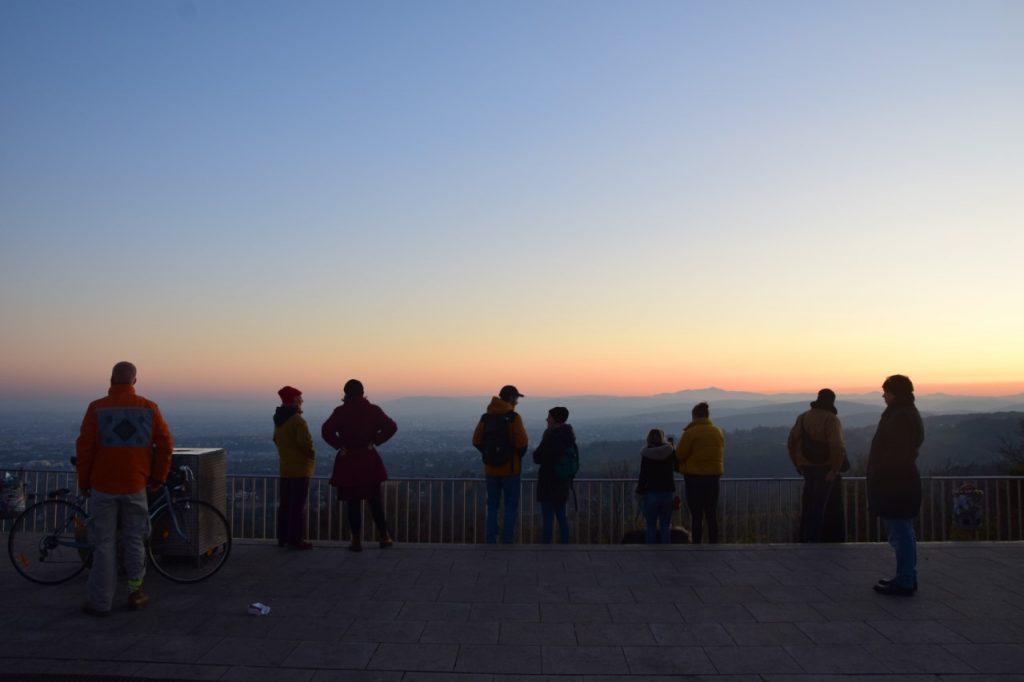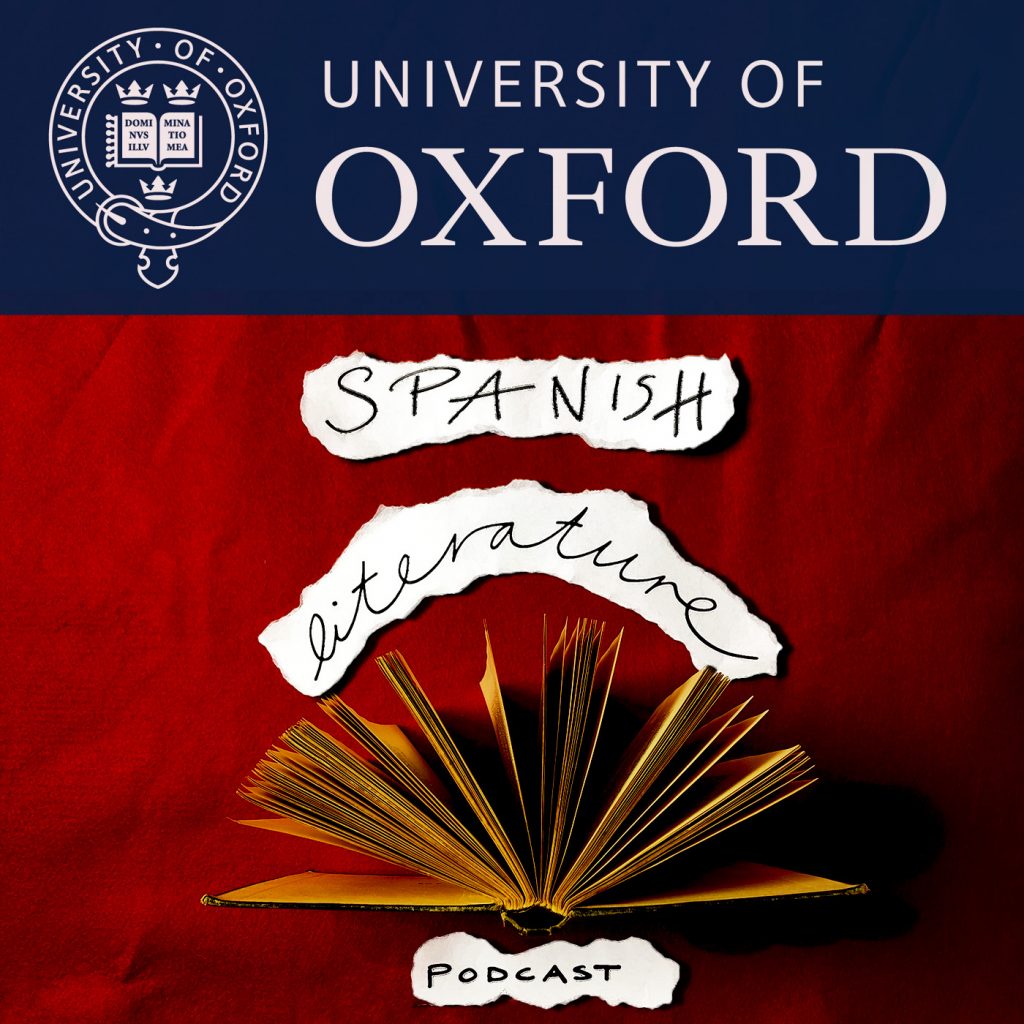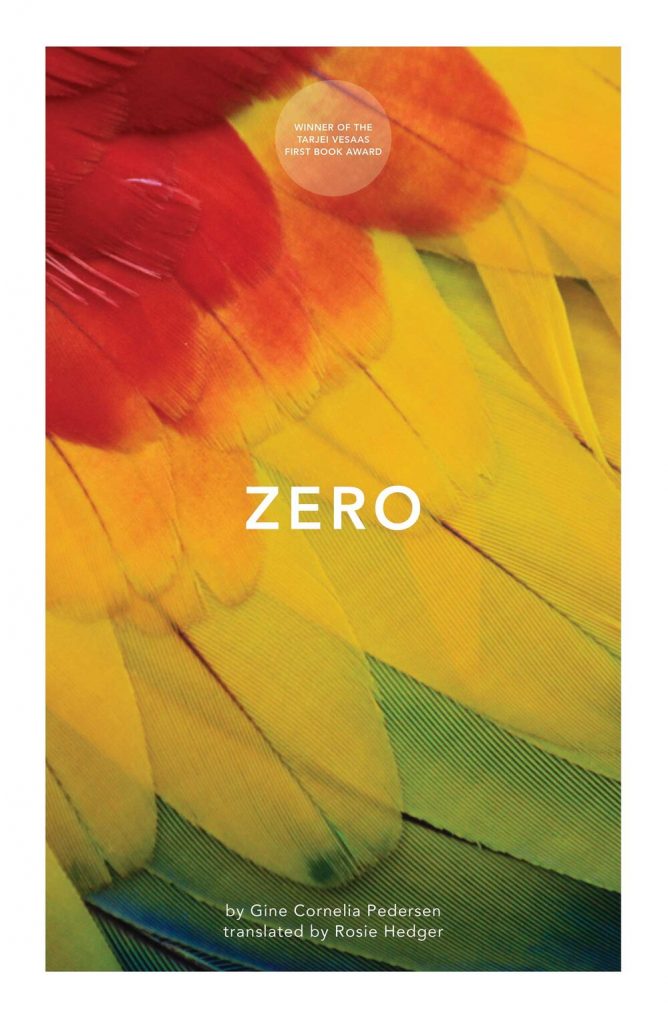This week in our occasional series on Year Abroad adventures, third-year undergraduate Beth Molyneux (Lincoln College) reports on her term in Munich.

I’ve known since I first began looking at universities during sixth form that a year abroad would be a part of my degree, wherever it was that I ended up. It was always something there in the background that I’d have to plan at some point, so it was pretty bizarre when the time came to stop romanticising about possibilities and actually decide where I was going to spend the next year of my life. Studying French and German (both post A-level), I knew I wanted to split my time roughly equally between the two countries, but so far that was my only response to the first question everyone asks after you’ve told them you do a languages degree: “Do you know where you’re going on your year abroad yet?”. I’d been faced with this question since the start of my first year and had a standard response: “I’d love to see the Christmas markets in Germany, summer in the south of France would be a dream, and I’d probably like to spend some time in Paris, but I’m not sure about Berlin.” I really hadn’t thought beyond that. In first year it was easy to dismiss the question (almost exclusively posed by non-linguists) as showing friendly interest but no idea of when you actually need to start planning these things. But once it got to midway through first term of second year, people’s curiosity felt more justified and I started to seriously get my thoughts together.
The summer after my first year at Oxford, I decided I wanted to spend a month in each country to feel more comfortable with spoken language, and I thought it would also be a good chance to try out au pairing (this is when you live with a family and in exchange for a given number of hours of childcare a week, they give you accommodation, board, and sometimes will pay for a language course or a travel pass). It’s supposed to be a kind of mutual cultural exchange, as well as an inexpensive and authentic way to travel, or at least those are the reasons it appealed to me. None of the Erasmus options in Germany grabbed me (for France it was another story, but more on that in my next instalment!), and quite honestly the idea of searching for a family to live with appealed to me far more than seeking out an internship, going through various application processes, and then trying to organise where to stay. I had plenty of friends who were doing this, and it is more than manageable, but having tried out life as an au pair, it seemed the right option for me.
The original plan was to spend some time over summer doing shorter placements, before starting my year abroad ‘proper’ around October, at the start of the academic year, and then splitting my time into four roughly three-month chunks, alternating between France and Germany. But 2020 really wasn’t the year for original plans, and once COVID hit, my summer plans were down the drain. Which meant that I was left with a blank canvas, only one term of second year to go, and a global pandemic raging. For someone who likes to plan in advance, this is not how I thought I’d be starting my year abroad!
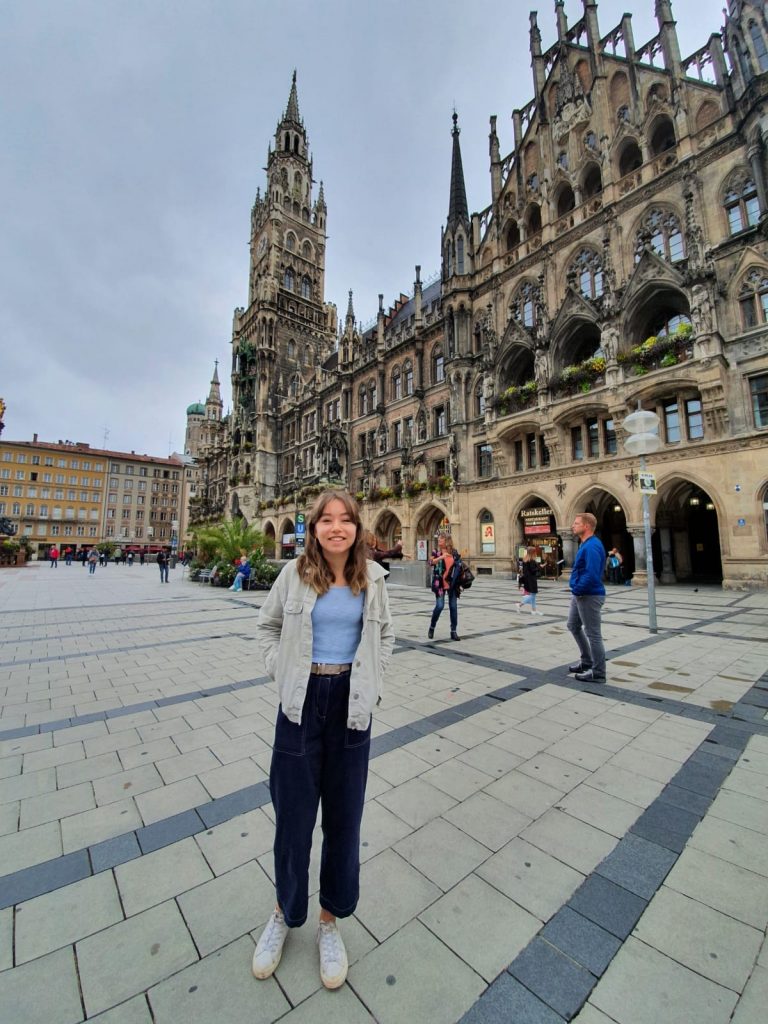
After that everything is a bit of a blur; I started looking seriously at au pairing options and found a family in Munich who were looking for someone as early as July, and, before I knew it, term was over and I was heading to Bavaria for the first time, to stay for 5 ½ months. At the start, getting out to Germany was something of an escape, because much more was open here, which meant that getting abroad was a chance to regain some of the independence I felt I’d lost at home. Independence is definitely a key word for the year abroad – setting up life in a new country really does require you to do quite a lot of things you’ve never done entirely on your own before, although I always felt well-supported by my friends and family at home. With video calls and messages, I never felt too far away, but it takes some adjustment (especially after lockdown) to not having that close network of familiar faces around you day to day. That’s one of the reasons I chose to au pair: I think it’s less isolating than other experiences could be, because you’re living with a family. At the same time, it’s not your own family, and living in a house with people you’ve only known for a few months presents a different set of challenges.
On the linguistic side of things, I think I’ve been lucky with German exposure. The family talk to me (and amongst themselves) exclusively in German. Having spent some time abroad last summer, the learning curve wasn’t too steep when I first got here, and I was actually surprised by how well I coped linguistically in my first few days and weeks. I think this is because the German I’m surrounded by is household German rather than any kind of specialised vocabulary. What definitely has improved is my confidence in the language – I trust myself now (at least more than before I came) to judge whether something ‘sounds’ German, and there’s a certain amount of core vocabulary that I now use without a second thought. There are still obviously gaps in my German, but I have the tools to talk around them better after my time abroad. I think I’ve made most progress in day to day encounters in shops and restaurants: when I first arrived these were the kind of conversations I found most stressful – short, functional, often in busy or noisy places (with masks making things harder to understand!) I’d find myself fumbling for the little phrases that come so naturally in your mother tongue. But I quickly learnt that fluency isn’t some magic process which alters your brain, nor is it a snap moment, it’s a steady process of essentially learning to copy other people. As you hear the phrases native speakers use, and notice which ones come up more often, once you’ve heard something a few times you then feel confident to use it yourself, and suddenly you sound German!

Munich is a really cool city, and I’ve enjoyed exploring it, especially because location wasn’t my main deciding factor. I’ve been able to discover traditional Bavarian culture, as well as some more student-friendly, modern areas of the city, which also has a lot of green space, is walkable, and generally very aesthetically pleasing (this last one counts for the whole region). Munich has served as a great base to explore other towns in the region, and even do a few day trips for hikes and country walks, taking in the Bavarian and Alpine landscapes along the way. Spending almost six months here has given me a view of the city both in summer and in icy-cold winter, and neither has disappointed.
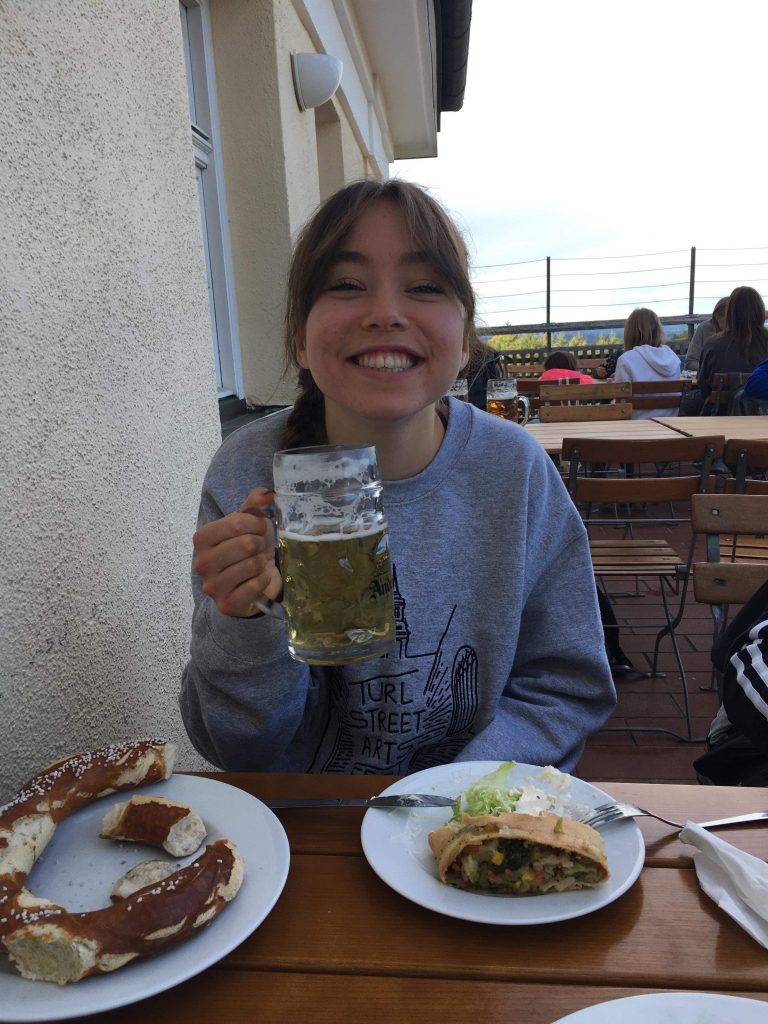
So I’ve made linguistic progress, I’ve discovered a new city and surrounding region, and I’ve gained practical life skills, but I think the best thing about the year abroad is the pause that it gives you between second and final year. Not only does the pace slow down, giving you time to expand on reading you’ve enjoyed and engage with language in a less academic setting, but it also gives you a chance to do something other than studying for a year. I know that I’ll appreciate my final year at Oxford so much more when I come back after time away, but that I’ll also return having had new experiences which will make my final year at Oxford slightly different to those years when I’d come straight from school. The year abroad gives you the chance to dip into the real world outside of university for a little bit, to get an idea of what you do and don’t enjoy doing, and where you might or might not want to live. It’s definitely more than just a linguistic experience, and for me has managed to balance both personal and academic development.
by Beth Molyneux
Editor’s note: You can follow more of Beth’s adventures abroad over on her personal blog.
Image credits all Beth Molyneux

